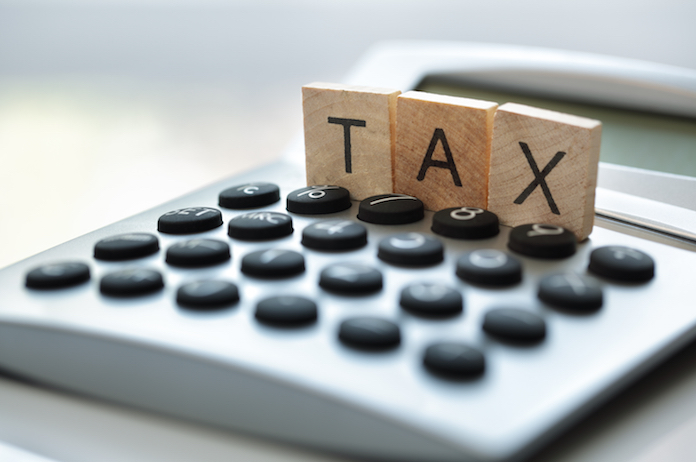Non-resident e-Commerce Providers VAT 2021 Deadline

In accordance with the Cambodian General Department of Taxation (GDT) changes to VAT, non-resident e-commerce providers supplying digital products or services or any e-commerce activities to customers in Cambodia) must be registered for VAT by 31 December 2021.
DFDL outlined the changes in the GDT Instruction No. 20522 (“VAT Instruction”) on 8 December 2021 (which expands on the directive of Sub-Decree 65 S.E and Prakas 542 MEF.P) issued in 2021 for e-Commerce operators in the Kingdom.
Applicable companies are to be registered for VAT by 31 December 2021 if their estimated annual turnover for 2021 is more than Khmer Riel (KHR) 250 million (approximately USD $62.5k). DFDL adds that the VAT Instruction also "postpones implementation of the new VAT reverse charge mechanism for self-assessment regime taxpayers who transact with non-resident e-commerce providers."
DFDL adds the following:
- The simplified VAT registration for a non-resident e-commerce provider can be completed by a registered tax agent or the entity itself either in-person or online.
- The simplified non-resident VAT registration application form – NR-76 – is now available and may be downloaded.
- Once registered for VAT, non-resident e-commerce providers may remit monthly VAT collected on business to consumer (“B2C”) transactions via a local Cambodia bank that has partnered with the GDT, via credit or debit card, or via a transfer from an overseas account to the GDT’s bank account via an approved partner bank;
- Non-resident e-commerce providers that register for VAT and use a currency other than KHR will need to apply the exchange rate issued by the National Bank of Cambodia on the last working day of the month in which the supply was made;
- The implementation of Prakas 542 which includes the reverse charge obligation, has been postponed until 31 December 2021.

Who is impacted by the VAT eCommerce changes?
DFDL claims parties primarily impacted by the updates are non-resident suppliers of digital goods, services and e-commerce activity (“Non-resident E-Supplier”) and importantly those registered taxpayers in Cambodia (“Taxable Person”) who transact with the aforementioned non-resident suppliers under a B2B transaction.
The VAT changes were first rumoured in late 2020 and failure to comply with these obligations could result in severe penalties. The Cambodian government, in its drive towards expanding a digital economy brought about mainly by the challenges of the pandemic, has rolled out a number of changes and recommendations in the public and private sectors.
This includes Cambodia’s Digital Policy Framework launched in mind 2021, SME funds, and changes to e-Commerce laws.
We would like to thank DFDL for making this information available.